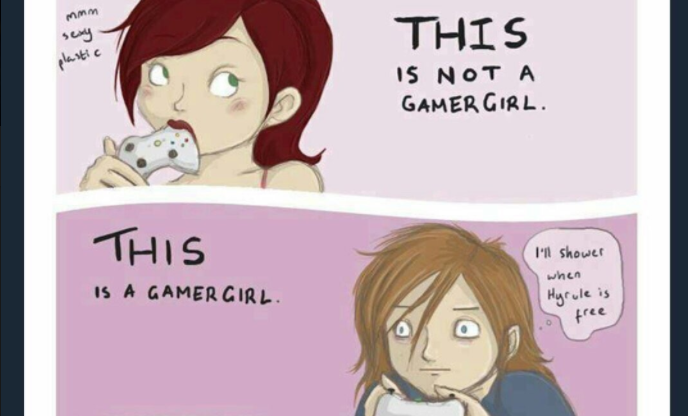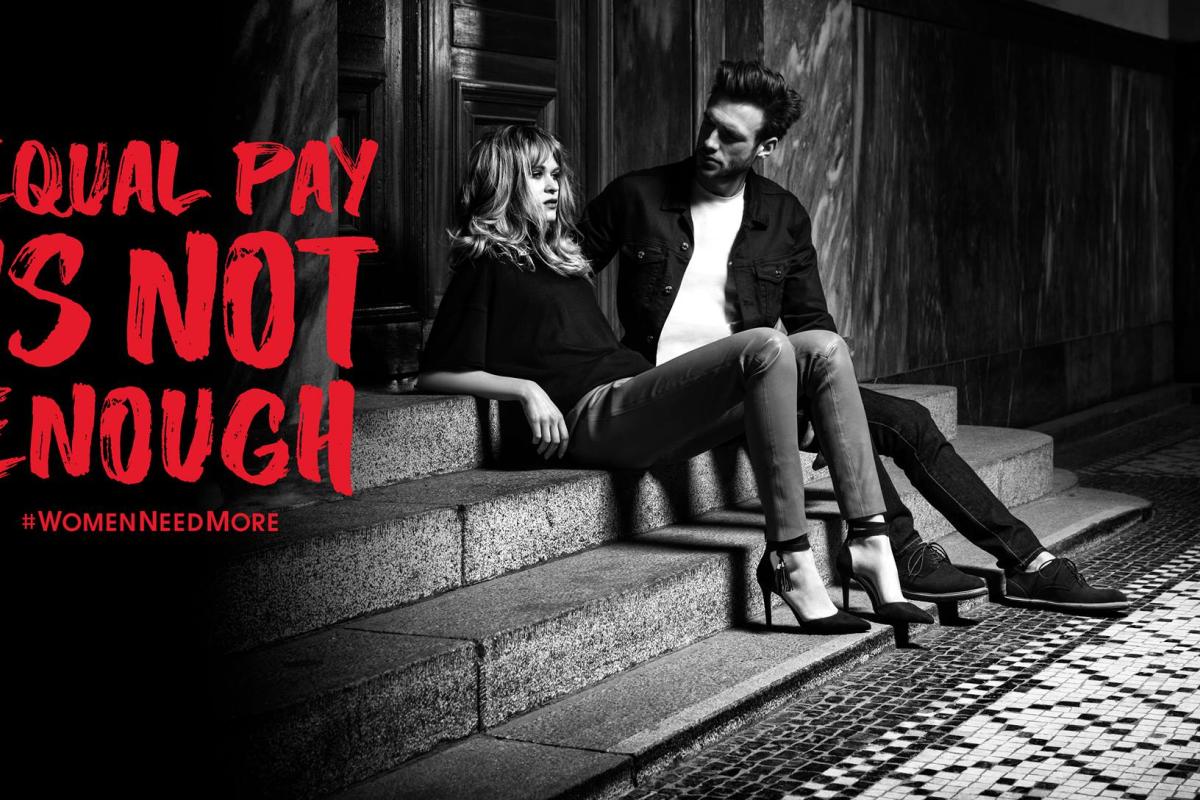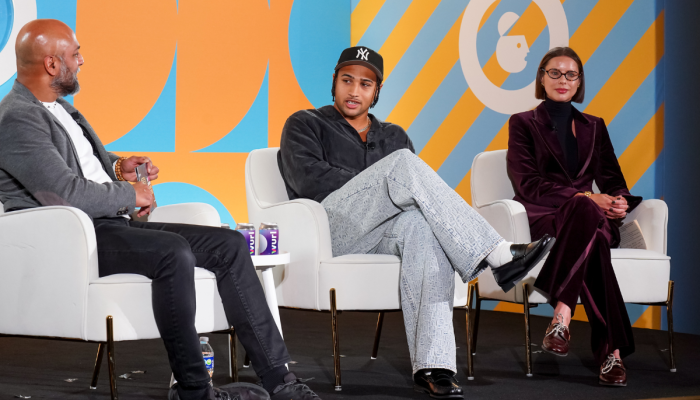With the #MeToo campaign gaining more and more momentum, and the increased recognition of gender equality, Creative Culture takes a look at some of the recent advertising campaigns that have been in the limelight for the wrong reasons:
Bianco footwear goes too far
In early 2017, Danish footwear brand Bianco released a commercial dubbed “Equal pay is not enough”.
The video depicted raging female staff members being openly violent towards their male counterparts, while a voiceover narrated that an equal salary for men and women was not enough.
A higher salary was demanded, as according to the clip, women spend more on material goods.
Despite tackling the topical issue of the gender pay gap, the campaign attracted criticism from most viewers, with many stating that the advert was tone-deaf, not to mention the fact that it glorified violence.
Renault Twingo’s not so polished
In June 2017, French car manufacturer Renault released a TV commercial promoting a range of nail polish which matches the colours available for its new Twingo car.
The ad targeted young, female professionals, and explicitly mentioned that the cosmetic product is suitable for nails but is also a great means of covering scratches on Twingos.
This comment sparked controversy, as many felt the brand was implying that women often scratch their cars because they’re bad drivers.
Despite of the brand’s efforts to tailor its ad to resonate among its target audience, it fell short with viewers.
Jimmy Choo’s brilliantly inappropriate
In December 2017, Jimmy Choo faced backlash for its “Shimmer in the Dark” campaign, which showcased supermodel Cara Delevingne walking down the streets of New York wearing nothing but a shiny dress and equally sparkly boots.
Heading on a night out, the British actress is hailed and catcalled by people in the street who comment on her “nice” shoes.
The brand came under fire, and viewers took to social media to condemn a video they judged insensitive by glorifying sexual harassment.
The ad was deemed all the more inappropriate, as in 2017 many sexual abuse cases made the headlines globally.
It should be noted that the shoe brand was not the only one to be blamed for the ad. Cara Delevingne was also criticised for accepting to star in the commercial, especially in light of her claims of having suffered sexual harassment.
Poundland’s campaign was not everyone’s cup of tea

December 2017 brought its share of controversial adverts, including Poundland’s Christmas social media campaign. The British discount chain released a series of photos featuring the ‘Elf on the shelf’ in compromising sexual positions.
One such picture showed the Elf standing over a doll and hanging a tea bag over her face. This post was particularly poorly received as it refers to ‘teabagging’ – a sex act deemed demeaning to women.
Originally used to advertise Twinings tea, the image had to be amended by Poundland following Twinings’ complaints and requests for their brand to be removed from the offensive picture.
This did not stop Poundland from re-uploading a version of the image that was still x-rated.
After making the headlines in the UK and abroad, it was only in February 2018 that the Advertising Standards Authority (ASA) retrospectively banned the campaign, mentioning that it was "irresponsible and... likely to cause serious or widespread offence."
Girly girls can game too

In early January 2018, Media Markt Games – the video game branch of the German consumer electronics chain – tweeted a seemingly innocent picture representing two female video gamers.
Tweeting this picture and caption, the brand intended to capitalise on the trendy phenomenon of female gamers. Media Markt Games went as far as comparing what they consider to be a ‘real gamer’ and what is not – a recurring topic on online gaming forums.
Little did they know this would spark outrage and controversy.
The reason for the backlash was the fact that Media Markt Games categorised women according to their looks, implying that true gamers might not pamper themselves or be attractive.
The ad was widely considered to be sexist by the gaming community, who pointed out that appearance is a matter of choice and that it should not define whether someone is a gamer or not.
Last year, the Geena Davis Institute on Gender in Media revealed that the objectification of women is still prevalent on screens, with one-in-ten female characters shown in sexually revealing clothing. This number is even more striking when compared to the number of male characters represented in the same situation, i.e. six times less.
Work in progress...
By Creative Culture



